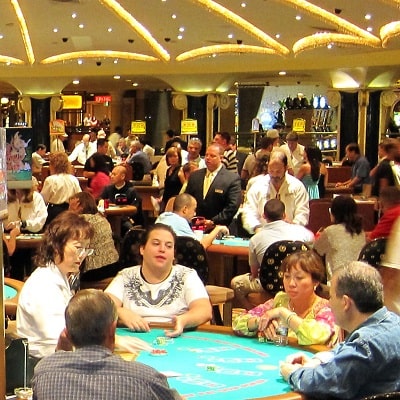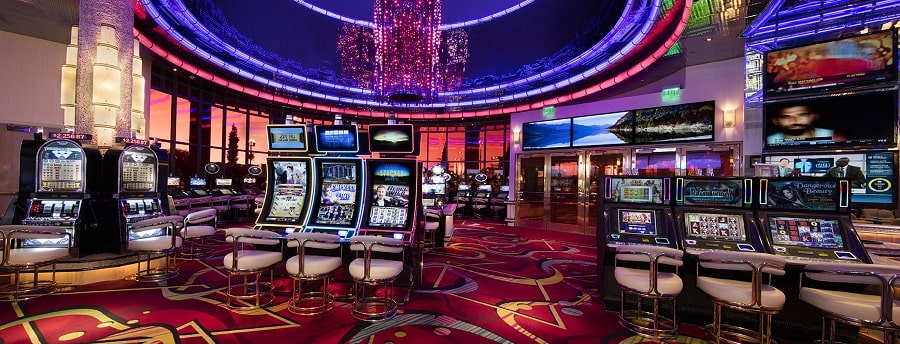
The world’s first casino
The history of gambling goes back hundreds of thousands of years. Archaeological excavations have allowed the world to learn about the creation of prototypes of dice by people who lived before our era.
The mass culture of gambling entertainment was formed by the ancient Greeks and ancient Romans in the 6th century BC. Establishment with the ability to play craps, betting and betting for money called circus. India and China also contributed heavily to the establishment of gambling.
The Renaissance brought a new lease of life to casinos. Italian establishments offering card games gained unheard of popularity. The first legal casino, Il Ridotto, opened in Venice in the mid-7th century. The term ‘casino’ also comes from Italy and translates to ‘small house’.
Il Ridotto was originally conceived as a place of entertainment for people during the Venetian carnival. It was reserved exclusively for the wealthy and noble lords, able to wager large sums of money. The state benefited from the casino’s existence because of the impressive tax revenues it generated for the treasury. The closure of the casino and the ban on gambling took place because of the church’s negative attitude towards such entertainment.
Casinos in France began to appear in the second half of the 8th century to provide additional funding for the state treasury. The French fell in love with gambling, especially roulette.

Gradually, a network of gambling houses covered all of Europe. They began to be frequented by rich people who could afford to lose large sums of money. Quite a large prize pool attracted more and more visitors.
The peak of popularity of European casinos was in the XIX century. If earlier for gambling entertainment halls were allocated in private homes, now the game took place in a luxuriously decorated, spacious rooms. These were places where the upper echelons of society came together, not just for the purpose of gambling, but for friendly conversation and discussions on current affairs. Those wishing to play a game with impressive stakes occupied separate premises. Despite the widespread demand for gambling houses, the end of the 19th century was marked by their complete closure. The reason for this was the amendment of the law. The only place where it was safe to gamble was Monte Carlo, which belonged to the Principality of Monaco. There were laws of their own.
The development of gambling in the United States was not as active as in European countries. But over time it was here that the unofficial world capital of gambling – Las Vegas – emerged. Today there are a lot of round-the-clock casinos and various entertainment venues. In addition, there are excellent museums, sports arenas, art galleries, exhibition halls, hotels, restaurants and concert venues.
Asia also has its own gambling hub – Macau, which boasts several dozen casinos. In some circles this city is referred to as the eastern Las Vegas.
